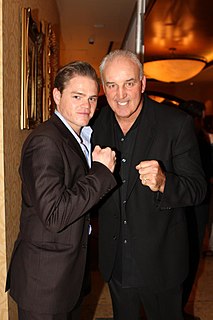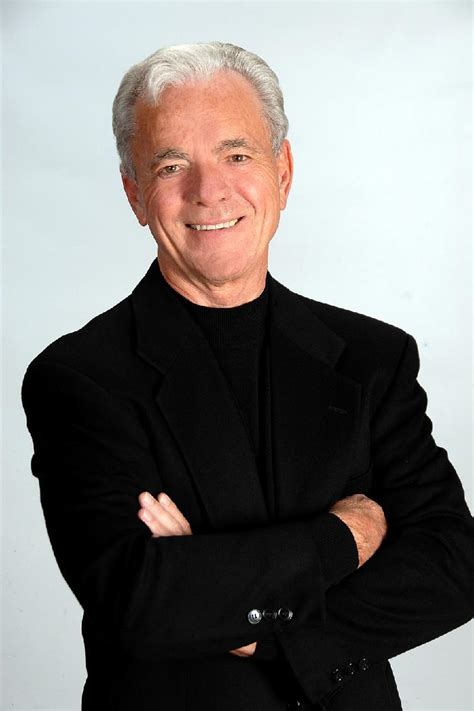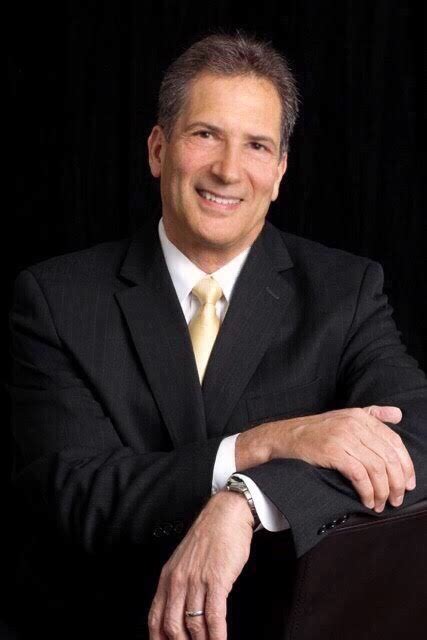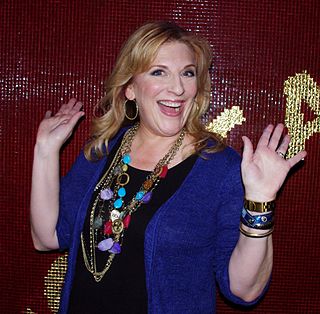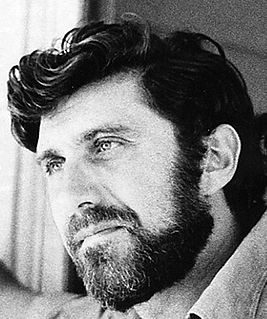A Quote by Gerry Cooney
I've spent most of my life in prison. I was a prisoner of my fear and my low self-esteem.
Related Quotes
Perhaps the most extraordinary popular delusion about violence of the past quarter-century is that it is caused by low self-esteem. That theory has been endorsed by dozens of prominent experts, has inspired school programs designed to get kids to feel better about themselves, and in the late 1980s led the California legislature to form a Task Force to Promote Self-Esteem. Yet Baumeister has shown that the theory could not be more spectacularly, hilariously, achingly wrong. Violence is a problem not of too little self-esteem but of too much, particularly when it is unearned.
Positive self-esteem operates as, in effect, the immune system of the consciousness, providing resistance, strength, and a capacity for regeneration. When self-esteem is low, our resilience in the face of life's adversities is diminished. We crumble before vicissitudes that a healthier sense of self could vanquish. We tend to be more influenced by the desire to avoid pain than to experience joy. Negatives have more power over us than positives.
